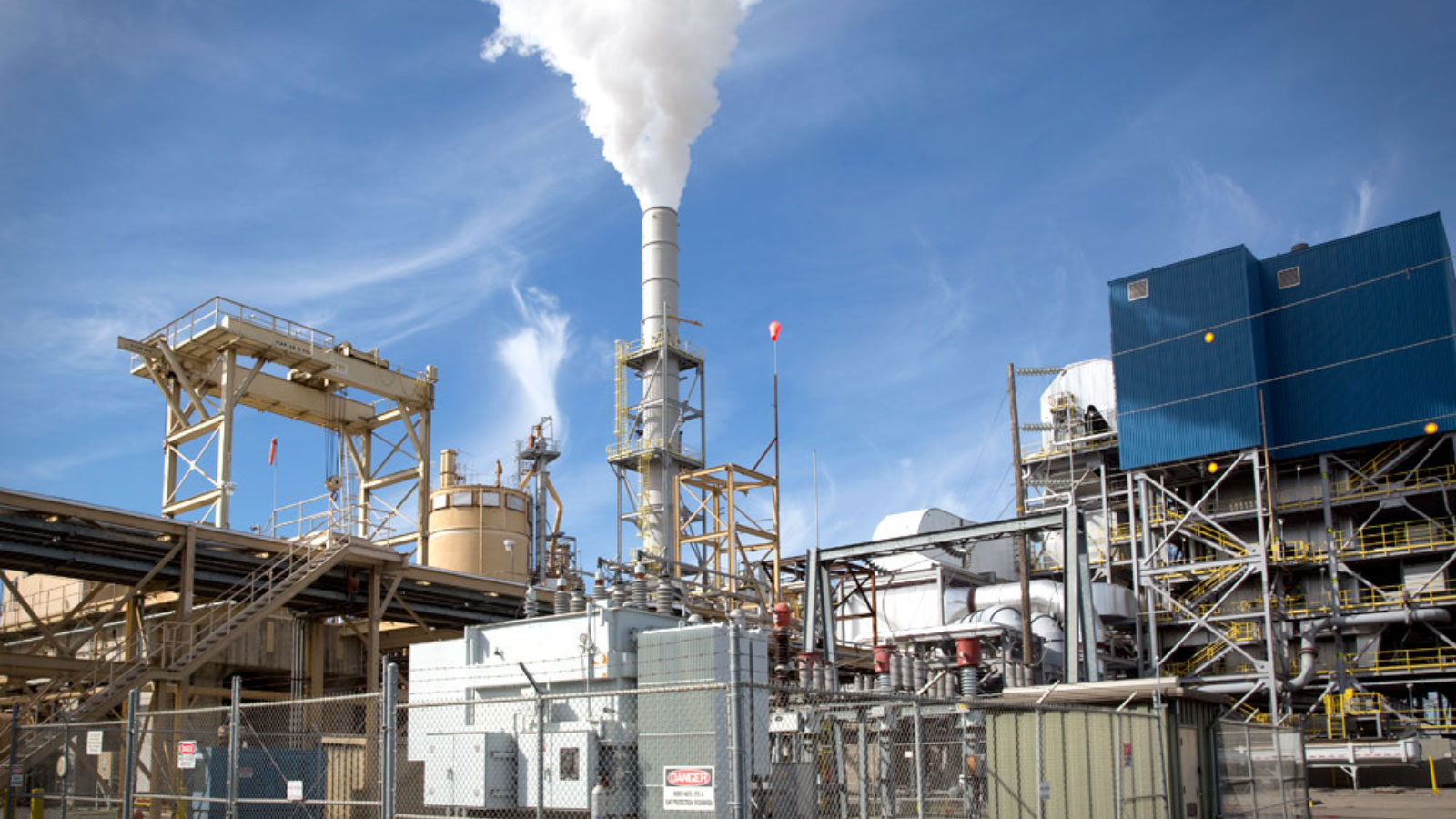A UK energy company received $762M in ‘green loans’ despite years of pollution violations in the South

Drax, British owner of wood pellet mills In Mississippi Louisiana, which has paid millions in fines and settlements for violating state pollution laws in recent years, received at least $762 million in “green” loans during the same period, according to an investigation by The Exanation, The Toronto Star and Mississippi Today.
The energy company ships wood pellets made in North America to other countries to use as an energy source to meet its carbon reduction goals. But regulators in Mississippi and Louisiana attacked Drakes over local air pollution. Between sanctions and settlements over the past five years, Drax has been forced to pay over $5 million to the two countries.
Since 2018, banks have issued $1.5 trillion in low-interest “sustainability-linked loans” to large companies to incentivize climate-friendly practices. Woody biomass companies, such as Drax, alone received more than $76 billion in short-term short-term contracts between 2018 and 2023, the investigation found using data from the London Stock Exchange and the Environmental Securities Network.
Drax had two such loans: one in 2020 that was worth $553 million — issued by a group of banks including Bank of America, Barclays and JPMorgan — and another in 2021 that was worth $208 million.
While companies have environmental standards that go along with loans, there is little oversight or public disclosure about what those goals are or whether companies meet them. Drax confirms that it has reduced its overall carbon emissions since acquiring its SLLs; According to its latest annual report, the company reduced its carbon emissions by 27 percent from 2020 to 2023.
Eric Shelton/Mississippi Today
However, scientists around the world have argued for years that using wood pellets to generate electricity actually generates more carbon emissions than using coal or gas. Not only does burning pellets release carbon into the air, it also leads to trees — which store carbon and take years to regrow — being cut down to make the pellets.
“As numerous studies have shown, this burning of wood will increase temperature rise for decades to centuries,” hundreds of professors and other experts wrote in an article. Letter 2021 To world leaders including President Biden. “This is true even when wood replaces coal, oil or natural gas.”
Despite widespread disagreements, global industry leaders, such as the United Kingdom, have embraced biomass, including wood pellets, as an energy source. United Kingdom 2024″Clean Energy Action Plan 2030He says biomass could be an important part of its transition to clean energy, and in 2023 a quarter of the country’s renewable energy generation came from “bio” sources such as biomass.
In a written response to questions about this story, Drax defended the use of pellets to generate electricity.
“While we recognize that there is an ongoing debate regarding the range of solutions required to combat the climate crisis most effectively, we believe that energy generated from biomass, when sourced sustainably, is an important contributor to Carbon removal The company said via email.
But Drax, which uses mostly wood from the United States and Canada, has recently come under criticism for how it sources its pellets. Last year, the UK Govt Issued The company was fined £25 million (about $31 million), in part because Drax failed to provide full details of the source of wood pellets made in Canada.
In Mississippi, environmental regulators Fined The company received $225,000 last year for releasing 50 percent of the permissible limit for hazardous air pollutants, or HAPs, from its plant in the small town of Gloucester. But in the meantime, the company application To become a “major” source of HAPs, a classification that allows for greater emissions while adding controls to reduce pollution.
Allison Brock, a senior attorney at Earthjustice, said it didn’t make sense for Drax to graduate through the regulatory system in this way.
“They applied for a secondary source permit, emitting from primary source levels so they were fined and [state regulators] “He made them change that,” Brock said. “It’s a pattern that Drax followed, in a way, just to work with the system.”
The fine he imposed last year was the second Drax has levied in Mississippi for violating air pollutant limits. In 2020, the state fined Drax $2.5 million, one of the largest in state history, for emitting more than three times the legal limit of volatile organic compounds, or VOCs. Shortly after the fine was announced, Drax Announce Receive the first SLL.
State regulators found that Drax also exceeded the legal limit for VOC releases at its two plants in Louisiana. While the company did not have to admit to any wrongdoing, Drax agreed to pay a combined settlement of $3.2 million in 2022. This was the largest amount paid to the Louisiana Department of Environmental Quality in the past decade, The Times-Picayune reported.
In September, Drax announced plans to invest $12.5 billion to develop its biomass operations in the United States. Carbon capture and storage technology, Reuters reported. However, groups like the Natural Resources Defense Council, He argues Technology will only increase emissions.
While the intended goal of short-term loans is to encourage sustainable practices at large companies, loan recipients in some cases framed their emissions metrics in misleading ways, the study found. Read port A complete investigation into the world of SLLs.
This investigation is reported in partnership with Examination, Mississippi Todayand Toronto Star. This report has been previously supported Pulitzer Center’s Rainforest Investigations Network.




